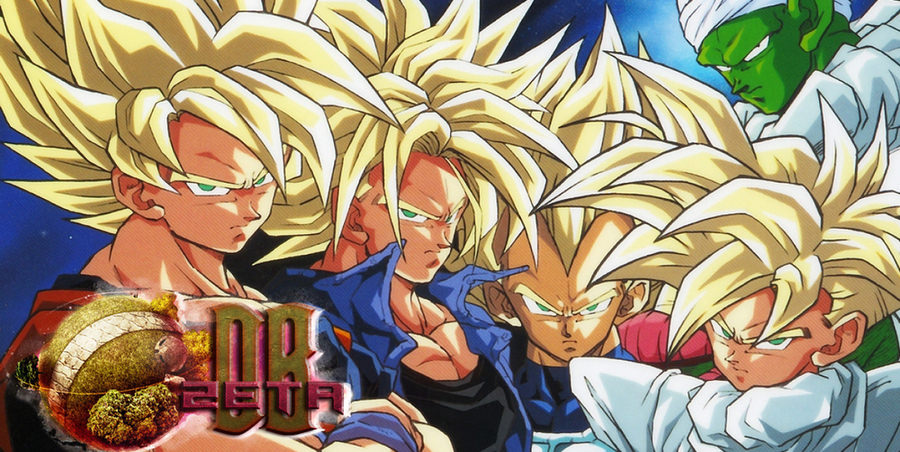1. It's a good song with unique visuals, though that's par for the course with FMA:B. I wouldn't cite it as the best ending of the 5 (I'd give Shunkan Sentimental that prize for the music as well as having the most animation out of the lot), but it's not the worst. If ranking the endings, it'd go 4 > 5 > 1 > 2 > 3.
2. Well, tackling the main ones:
Violet
Violet is a pretty mixed bag. Her initial events in Episode 1 has her come off as the typical edgy teen and her backstory revealed by the route of saving her in Episode 2 doesn't help much there, at least on the surface level. Her backstory does suggest she has some level of dissociative personality disorder that is explored at a decent degree, though her opening up to Clem during the fishing trip in Episode 1 does is a bit rushed no matter how you take Violet's psychology. She doesn't stand out too well when the idea of characters building up walls to stop them being psychologically vulnerable in this world has been explored in far more fleshed out ways in prior seasons (eg. Molly, Jane, etc.) but she plays her role decently at least and the grave when going down the route of not trusting AJ to make the right call and having Violet be on the bridge in Episode 4 was a nice touch. 5.5/10
Louis
Louis is a lot more of a stand-out character than Violet with far more pronounced and defined character traits such as his love of music and attempted flirting with Clem that allow him to be the one to alleviate tension in that environment, something that's a nice touch when remembering back to Carver's words about Reggie. His backstory also says a lot about why he acts as he does when his selfish, spoilt actions damaged his parents' lives and helping others would be his form of atonement. Him also coming to terms with Marlon's failings also make for a decent arc for his character. The most dramatic point for his character would come from letting Lilly's group take him at the end of Episode 2, leading to the ironic fate of him losing the ability to talk that was his main asset, yet still seeing how committed he is to aiding his allies compared to if you let Violet have the same fate. 6/10.
Marlon
Marlon, whilst certainly not likeable, is somewhat of a tragic character. He had little choice but to take up the role of leader when nobody else would and is too afraid of shame to go back on his decision when learning he's not cut out for leadership, highlighting a sense of realism in that kids with less experience than most of the main cast in prior series certainly aren't going to be able to defend an area alone. He also works well as a surprise villain compared to previous ones such as the dairy farmers or Joan as there wasn't any dialogue that pushed it in the audience's faces that he was the bad guy prior and allowed for more subtle build up. 6/10.
Aasim
Aasim is someone with less to say about him with his characterisation mainly being the straight man to events going on around him and his trait of valuing history. However, those alone are enough to make him compelling as the type of character not really given focus in prior seasons, with his embarrassment at the truth or dare game helping show that despite his attempts at maturity, he's still a teenager in body and mind. 6/10
Tenn
Tenn has some interesting traits to him such as his value of art and his view on how the world will go in cycles, though him dropping the ball at 3 crucial points does make him more of a plot inconvenience if anything. The ending with him surviving chalks it up to his trauma, which can work for the situations with Minerva, though still doesn't justify him dropping the ball with Lilly. 4/10
The rest of them are quite one-note in their actions and aren't really worth discussing in length.

